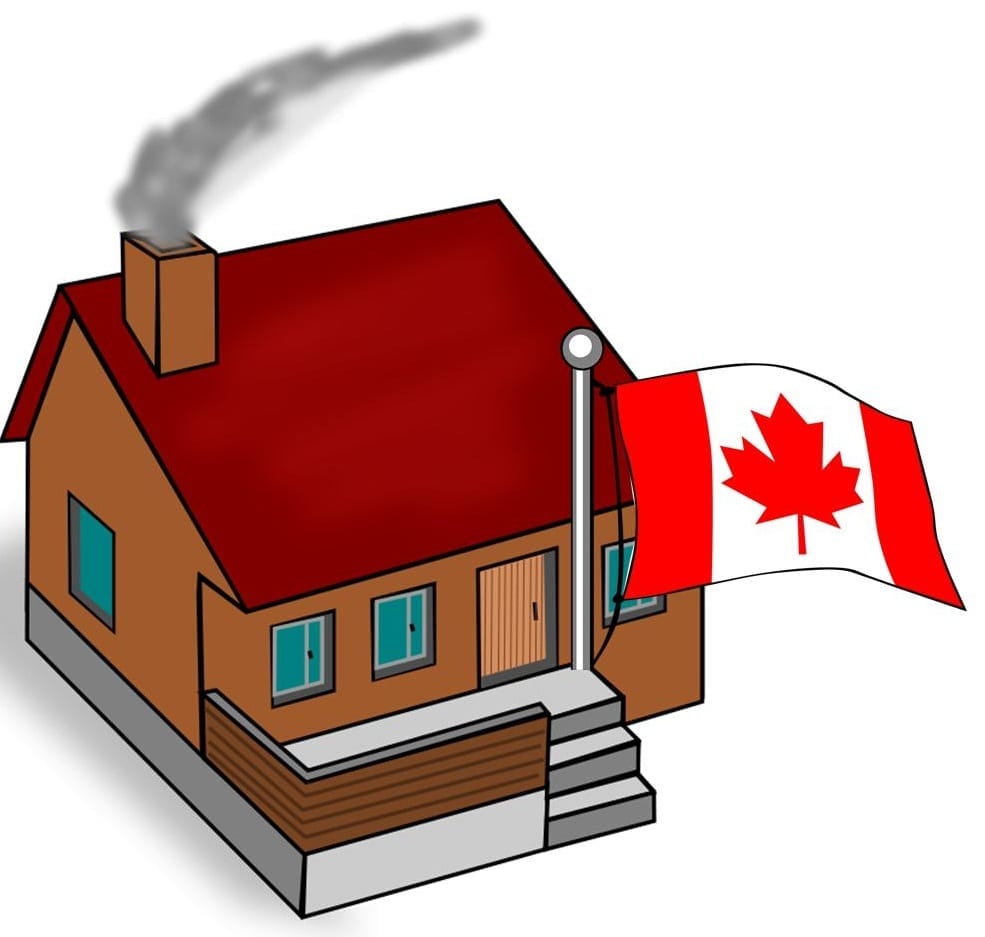The Canadian Mortgage and Housing Corp. appears to be losing its grasp on this space.
 For many years, the Canada Mortgage and Housing Corporation (CMHC), a Crown corporation, has held a considerable dominance over the mortgage insurance market in the country, but that situation appears to be changing.
For many years, the Canada Mortgage and Housing Corporation (CMHC), a Crown corporation, has held a considerable dominance over the mortgage insurance market in the country, but that situation appears to be changing.
During the first quarter of 2014, the CMHC provided mortgage insurance for 27,869 housing units for borrowers whose down payment was under 20 percent of the purchase price of the property. That represented a drop of 39.1 percent when compared to the figures during the last quarter of 2013. Moreover, it showed a plummet of 6.6 percent year over year.
Though the quarter over quarter decline is somewhat expected, as the start of the year does tend to bring on a notably lower rate of home sales. However, this figure, combined with the year over year comparison, shows another contributor, altogether, which the CMHC has identified as a “decreasing market share”.
When a mortgage is sold to a home buyer whose down payment is under 20 percent, federally regulated lenders and banks in Canada are required to purchase the added insurance coverage. They typically pass the premiums of those policies on to the borrowers. Should the borrower then default, the bank is paid back by the policy.
Within this business, the CMHC has long held the top spot. However, it does have two considerable rivals in the public sector, Canada Guaranty, and Genworth MI Canada. The estimates of the Crown corporation were that its insurance covered 45.3 percent of the dollar value of outstanding Canadian residential mortgages by the end of the first three months of 2014. This was a drop from 48.5 percent, which was the figure during 2013’s first quarter.
During the financial crisis, banks had raised the amount of mortgage insurance business that they were giving to the CMHC instead of their rivals because of the added federal guarantees of 100 percent when compared to the 90 percent that the government gives the private industry. As the federal government is now working to shrink the CMHC (to reduce taxpayer risk exposure), this situation is now changing.

